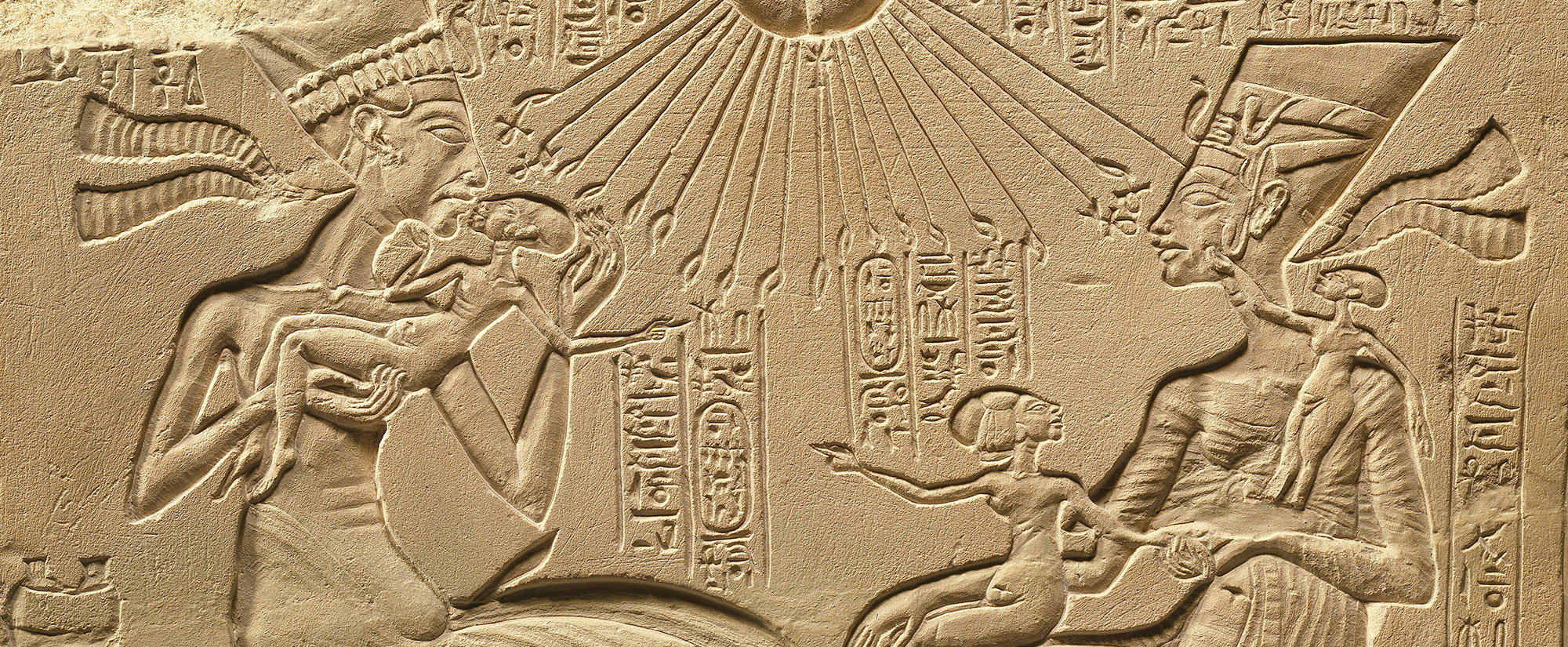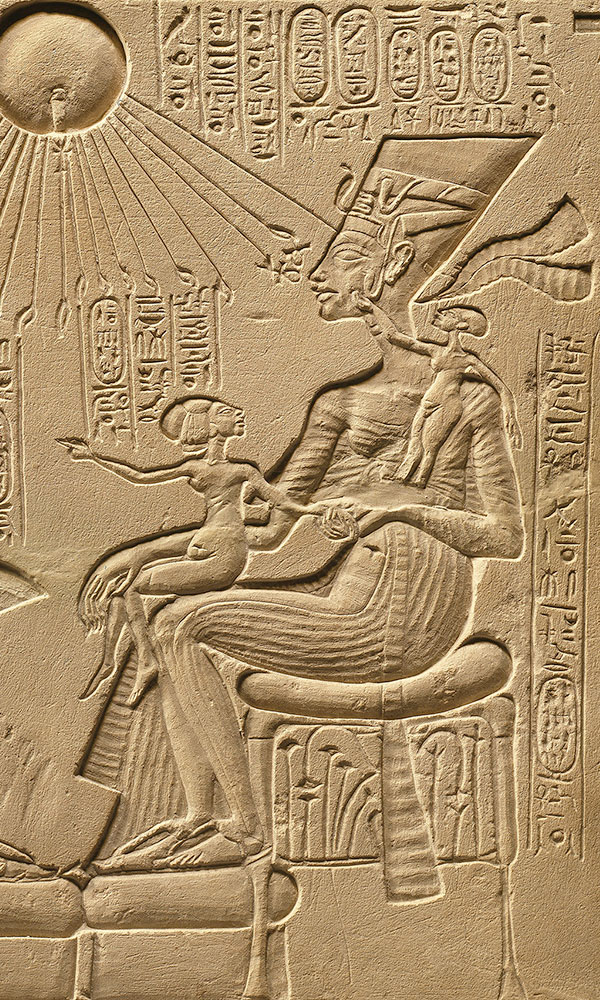CAMBRIDGE, ENGLAND—Archaeologist Christos Tsirogiannis of Cambridge University is concerned about the popularity of metal detecting as a hobby—there are an estimated 10,000 enthusiasts and in 2011, they uncovered close to one million artifacts. “I’m sure that there are several people who are operating metal detectors and they do it just for excitement. But even in a legal way, the destruction that they generate is really big, and it is an unfortunate phenomenon that it is still legal,” he says. Those who trespass in their search for precious artifacts under the cover of darkness are known as “nighthawks.” Yet archaeologist Suzie Thomas thinks that metal detector hobbyists who record their finds can be a great help to scientists. “The sub-discipline of battle archaeology makes a lot of use of metal detected data because they’re looking at objects like cannon balls and musket balls that are, of course, metal. Having the data of where on the field they’ve been found can help you reconstruct how the battle went, and that’s incredibly useful information,” she counters.
English Archaeologists vs. Metal Detector Hobbyists
News September 6, 2013
Recommended Articles
Artifacts July/August 2025
Maya Ceramic Figurine
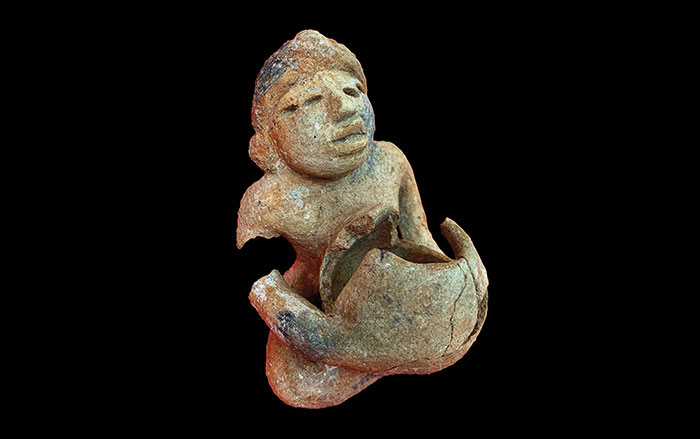
Off the Grid July/August 2025
Vichama, Peru
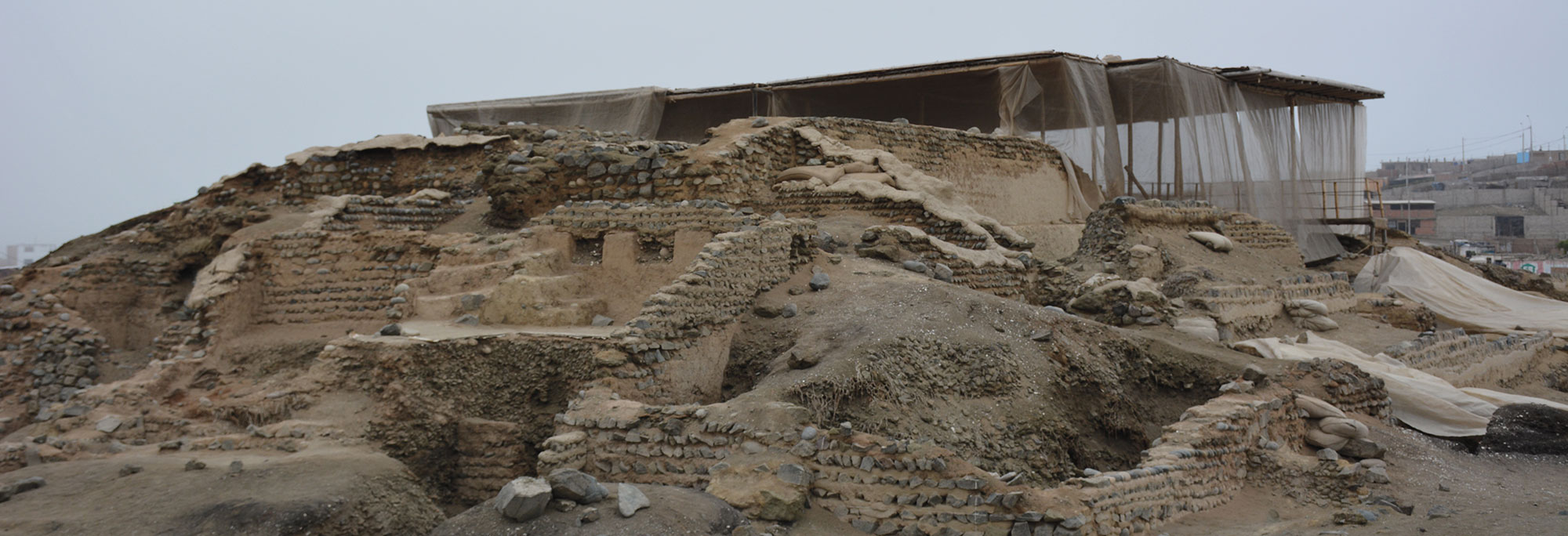
Digs & Discoveries July/August 2025
Bound for Heaven
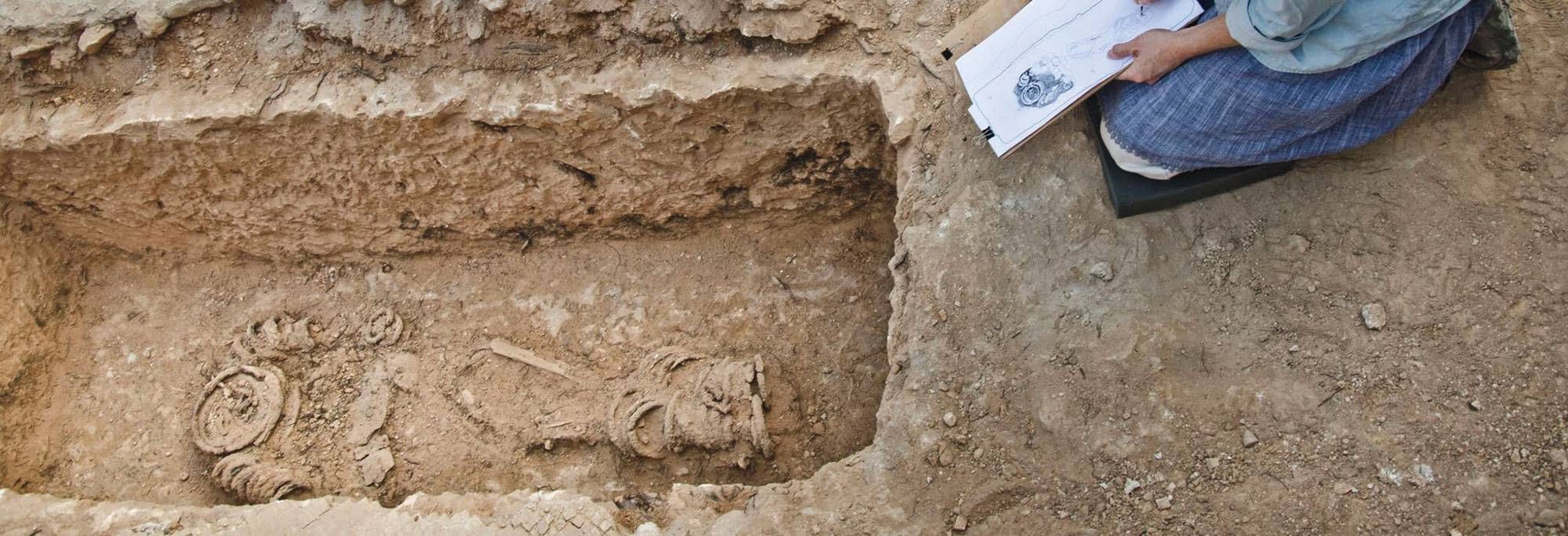
Digs & Discoveries July/August 2025
Saints Alive
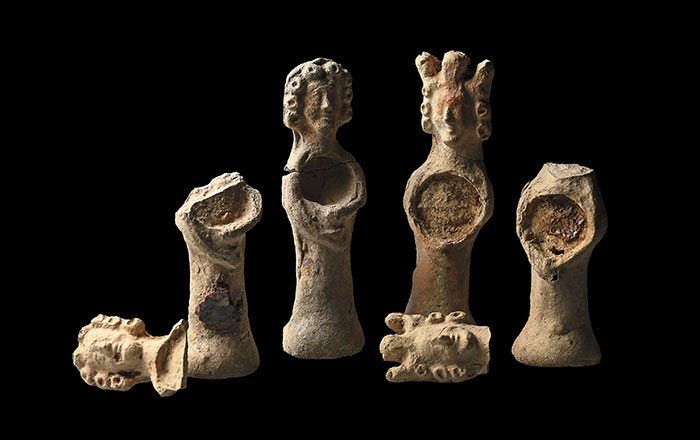
-
Features July/August 2013
The First Vikings
Two remarkable ships may show that the Viking storm was brewing long before their assault on England and the continent
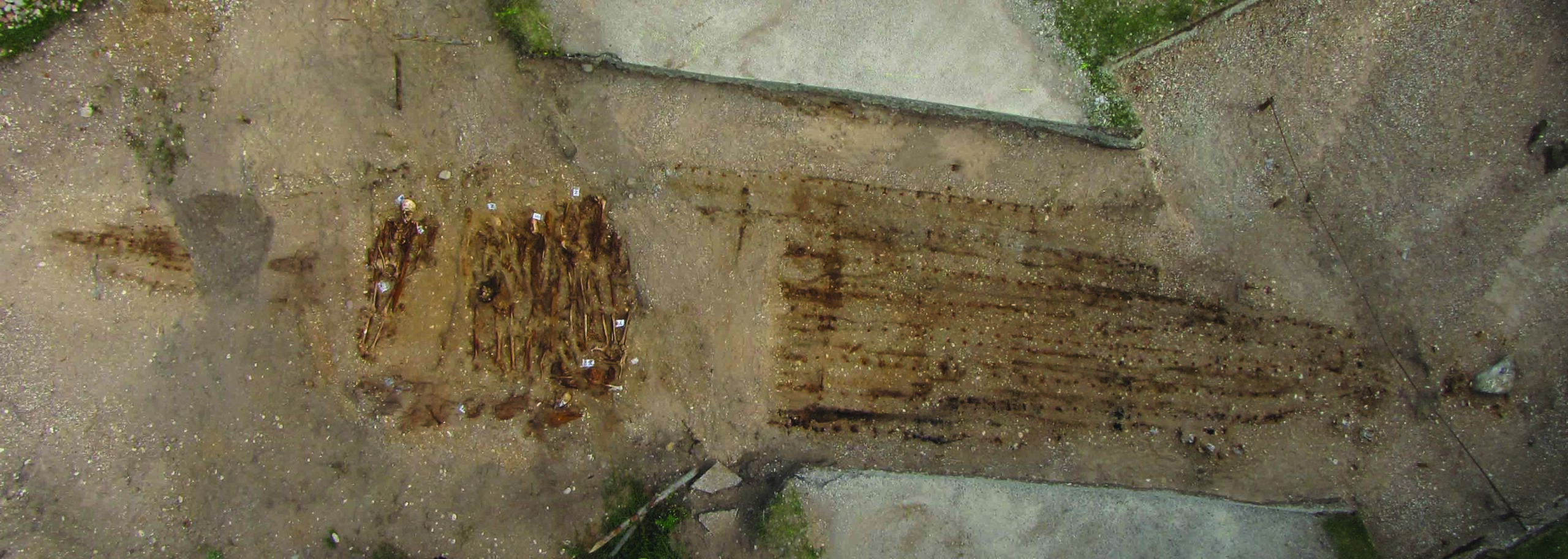 Courtesy Liina Maldre, University of Tallinn
Courtesy Liina Maldre, University of Tallinn -
Features July/August 2013
Miniature Pyramids of Sudan
Archaeologists excavating on the banks of the Nile have uncovered a necropolis where hundreds of small pyramids once stood
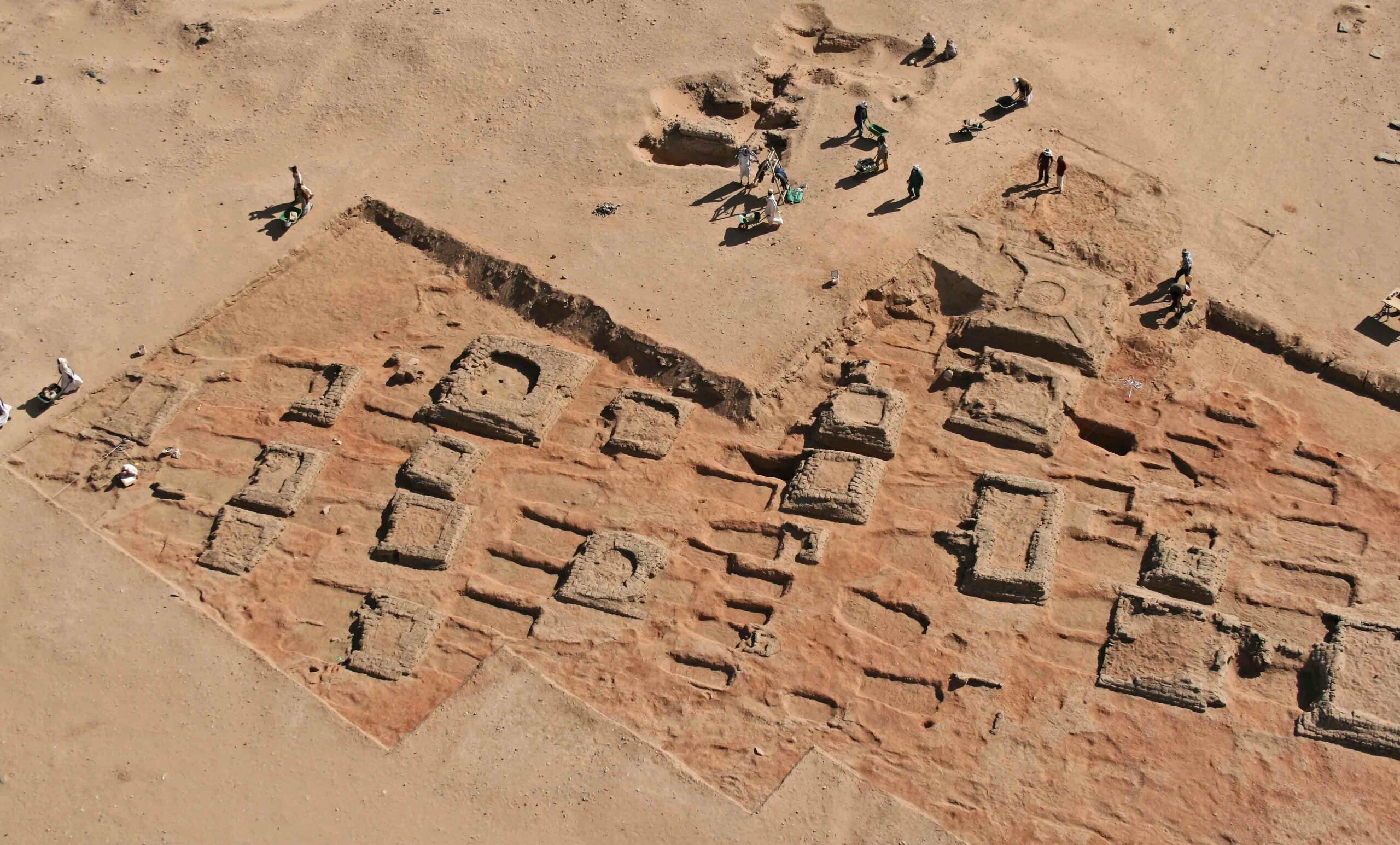 (Courtesy Vincent Francigny/SEDAU)
(Courtesy Vincent Francigny/SEDAU) -
Letter from China July/August 2013
Tomb Raider Chronicles
Looting reaches across the centuries—and modern China’s economic strata
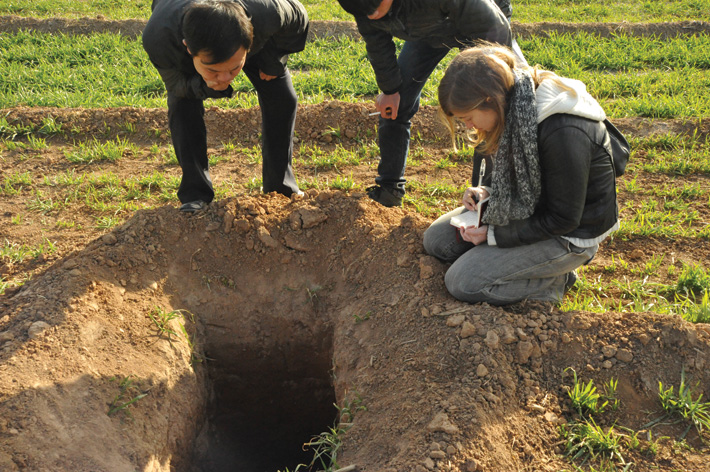 (Courtesy Lauren Hilgers, Photo: Anonymous)
(Courtesy Lauren Hilgers, Photo: Anonymous) -
Artifacts July/August 2013
Ancient Egyptian Sundial
A 13th-century limestone sundial is one of the earliest timekeeping devices discovered in Egypt
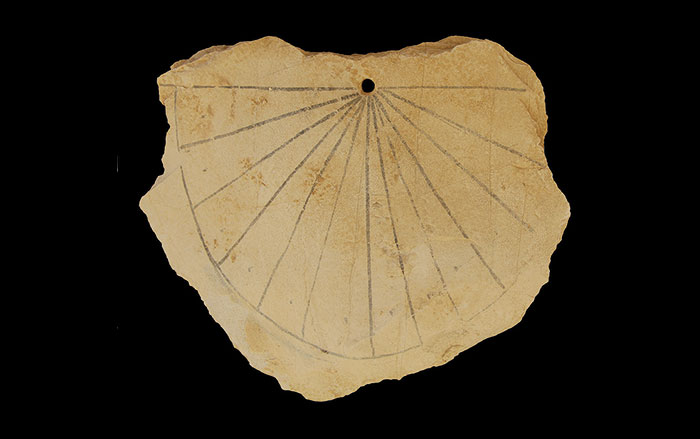 (© The Trustees of the British Museum/Art Resource, NY)
(© The Trustees of the British Museum/Art Resource, NY)


